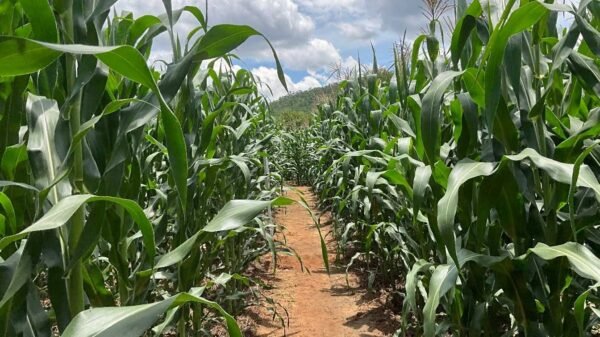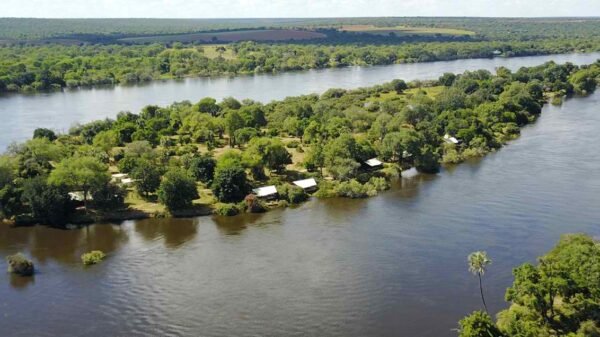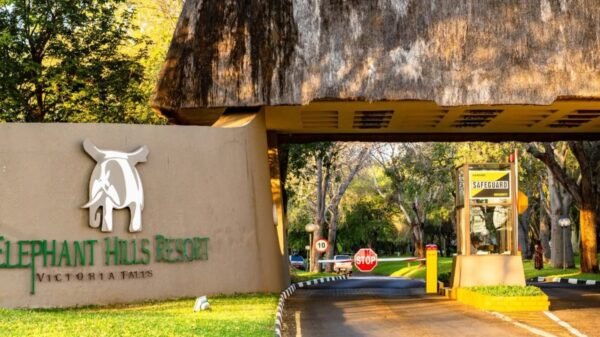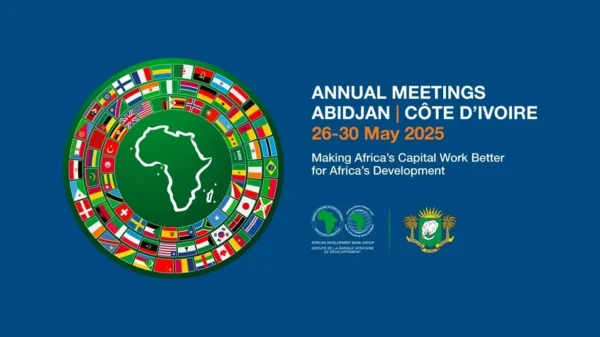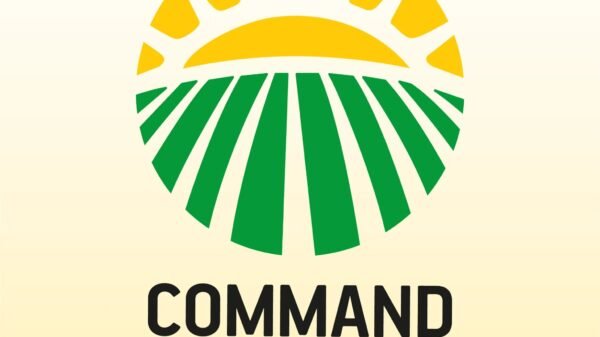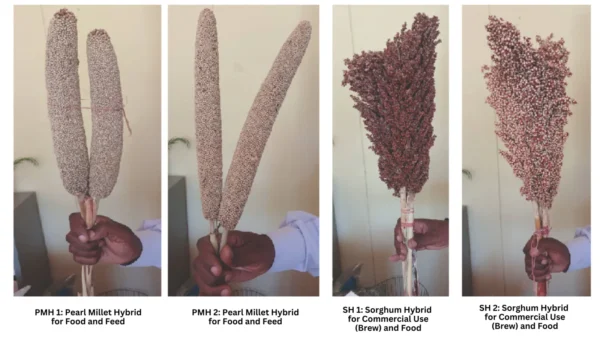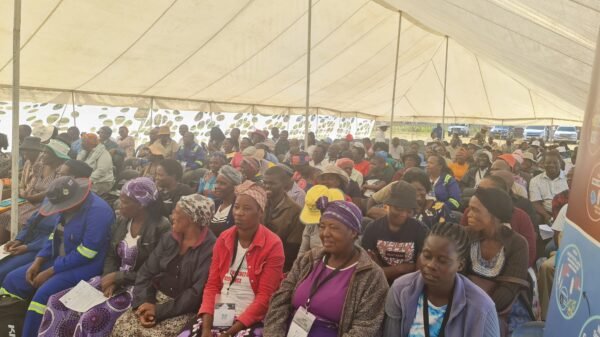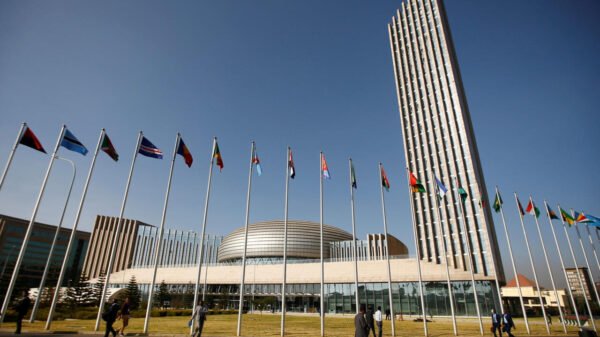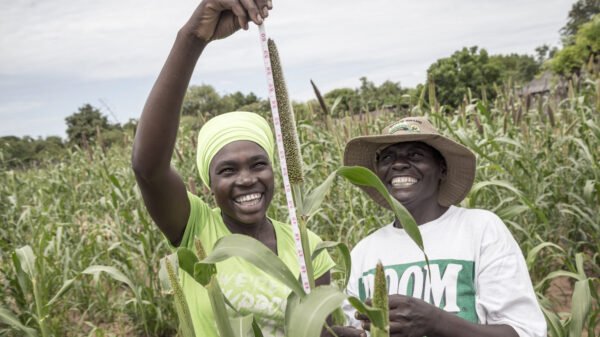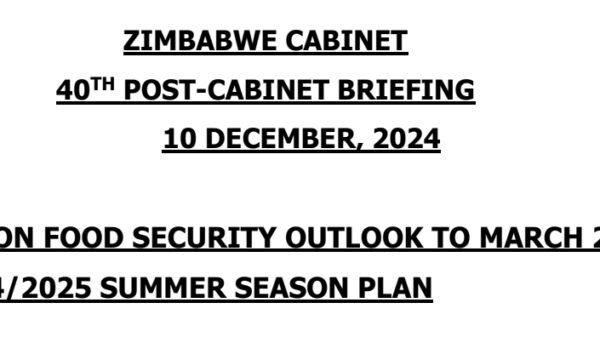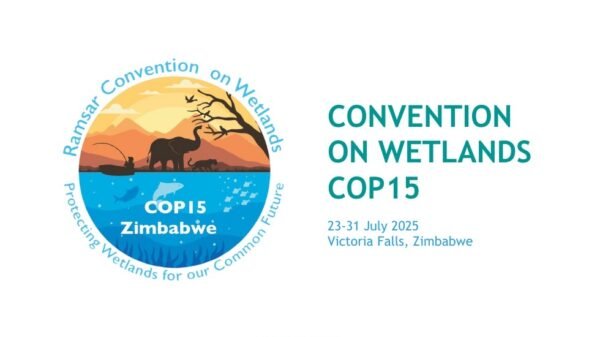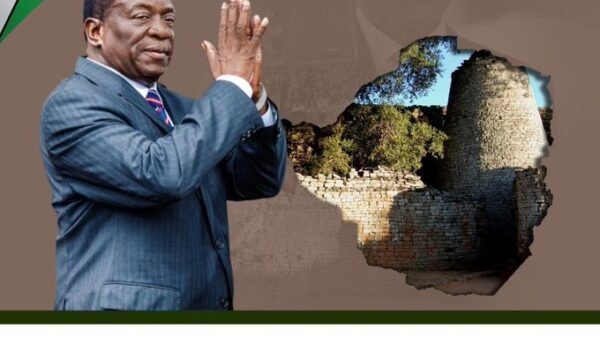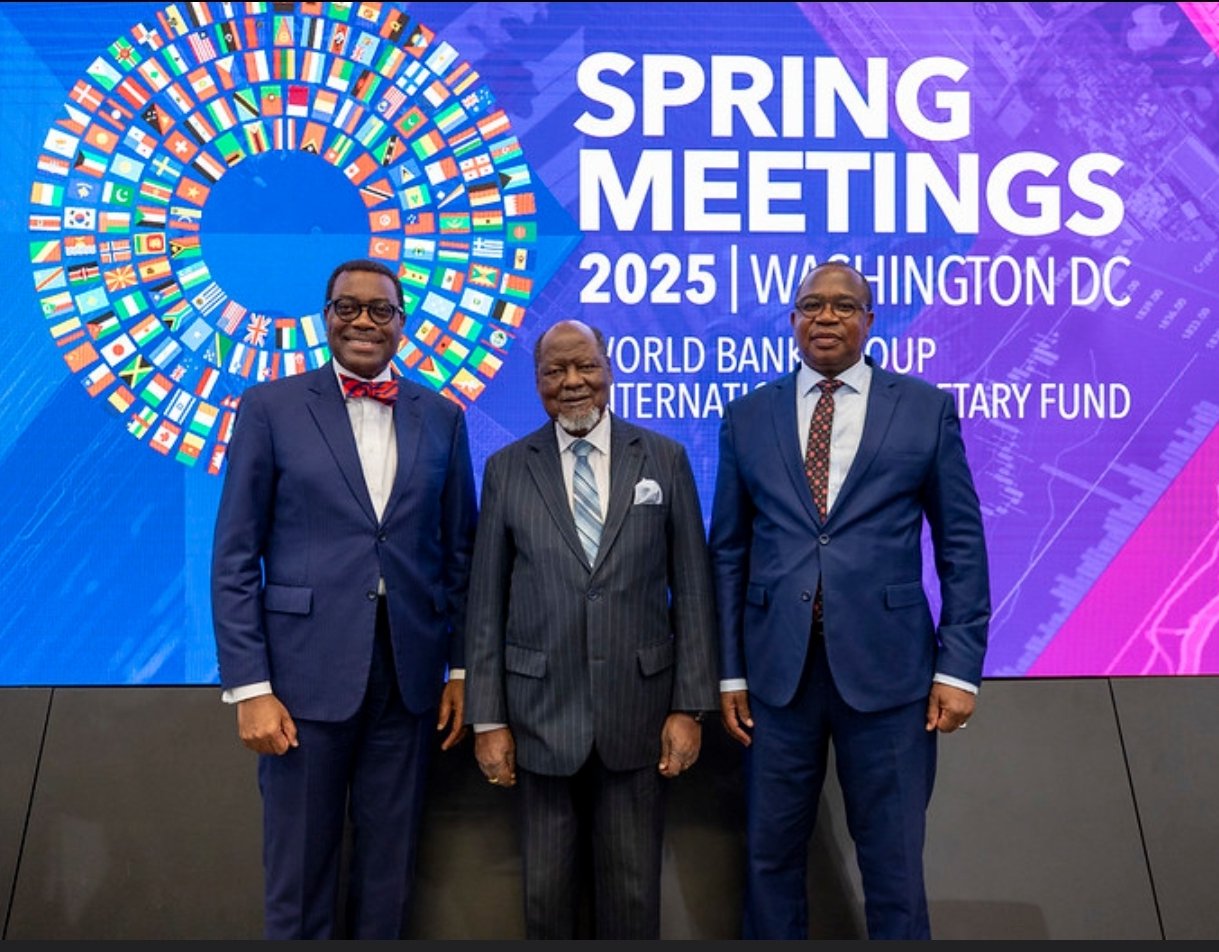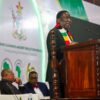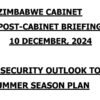AFTER decades of unworkable economic policies, corruption, political repression and leadership failure, the chickens are coming home to roost for Zimbabwe, with the government now seeking US$2.6 billion in bridging finance to help it clear arrears owed to international financial institutions.
Zimbabwe owes US$21 billion and the growing debt has hampered the southern African country from borrowing from world capital markets since 1999.
But the Zanu FP government’s dysfunctional politics — characterised by electoral theft, criminalisation of dissent, jailing of journalists and the targeting of civil society — is preventing the country from embracing desperately needed governance reforms.
Former Mozambican president Joaquim Chissano and African Development Bank president Akinwumi Adesina — who are facilitating Zimbabwe’s debt resolution dialogue — have met with other stakeholders on the sidelines of the International Monetary Fund (IMF) and World Bank annual spring meetings in Washington DC this week. They both noted that, while Harare has registered progress with respect to farmer compensation and the issuance of title deeds among other reform deliverables, the country is being held back by bad political governance.
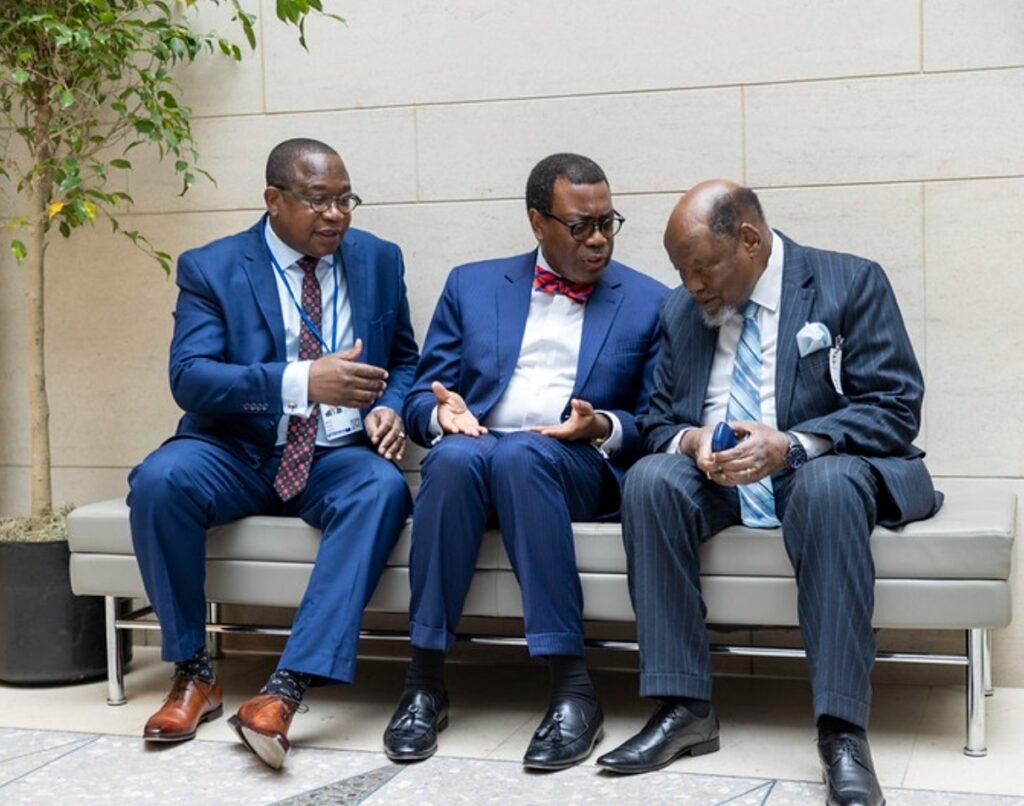
Zimbabwe’s Finance minister Mthuli Ncube (left), chats with African Development Bank president Akinwumi Adesina (centre), and former Mozambican president Joaquim Chissano in Washington DC this week.
The European Union last week suspended its planned 2025 funding for Zimbabwe’s good governance initiatives following President Emmerson Mnangagwa’s signing of the controversial Private Voluntary Organisations (PVO) Amendment Bill into law. The new law — denounced as undemocratic by human rights defenders — introduces sweeping changes to Zimbabwe’s regulatory framework for civil society groups and non-governmental organisations.
Reform is key
The government is currently engaging with creditors in order to reduce Zimbabwe’s external debt burden. This week, a meeting on Zimbabwe’s arrears clearance and debt resolution process was held on the sidelines of the IMF and World Bank spring meetings.
Under the debt resolution initiative, the Zimbabwean government has committed to implementing far-reaching economic and governance reforms.
Akinwumi Adesina, the president of the African Development Bank (AfDB) and champion of Zimbabwe’s debt resolution process, says although the country “has made a lot of progress, against all odds,” President Emmerson Mnangagwa’s recent ascent to the Private Voluntary Organisations (PVO) Bill is a significant setback and poses a risk to the arrears clearance and debt resolution process.
Adesina laid out several concrete next steps, including the need for the IMF to approve the Staff-Monitored Programme for Zimbabwe at the spring meetings, support from potential donors for bridge loan financing, exploration of additional resources from AfDB, and prioritisation of Zimbabwe’s arrears clearance within the G20 Common Framework.
Farm compensation
Chissano commended Harare for what he described as progress in implementing ongoing schemes to compensate dispossessed white farmers and issue title deeds to new farmers. But he emphasised that there are still shortcomings, notably in political reforms.
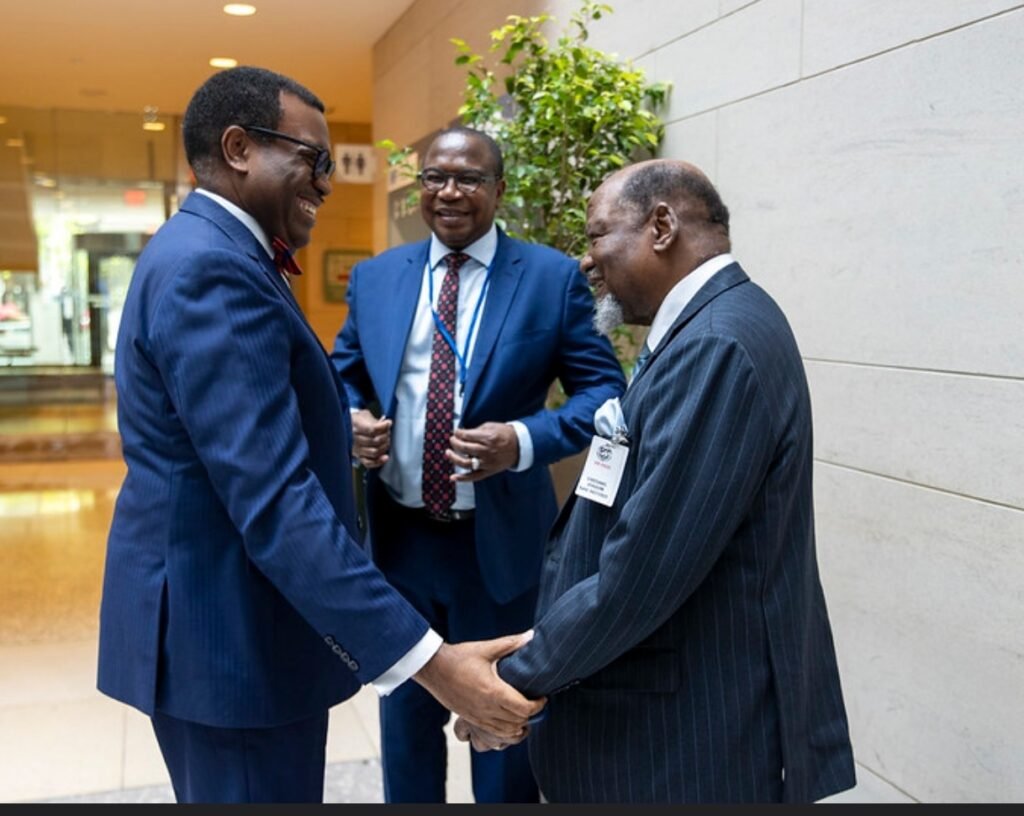
Zimbabwe is implementing desperately needed economic reforms, but political governance is still a major drawback.
Chissano noted that challenges remain in civil society engagement, democratic elections, judicial processes, freedom of assembly, and freedom of expression.
“These challenges show that dialogue is still needed for reforms to take root. They also show that political reforms are not a linear process,” he said, urging that these challenges “should mobilise us to redouble our efforts and re-energise the dialogue process.”–Staff Writer.

